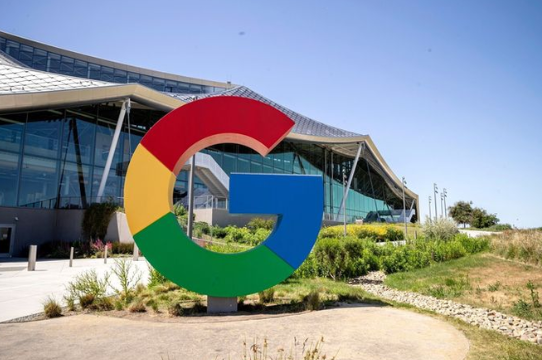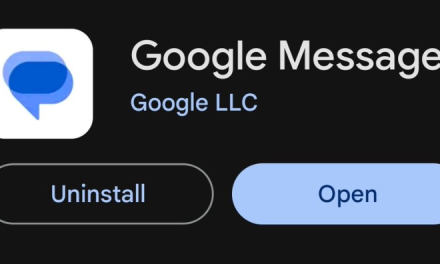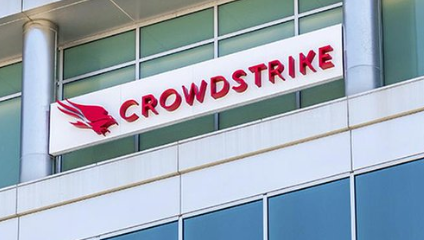It looks like some people do tell Google NO! The founders are now looking for gold on their own.
Wiz has decided to step away from a monumental $23 billion acquisition deal with Google, which would have marked the largest purchase in Google’s history. Instead, Wiz will pursue its original plan of going public.
Wiz walked away from a $23 Billion Deal to be Acquired by Google
Cybersecurity startup Wiz has walked away from a reported $23 billion deal to be acquired by Google and has chosen to pursue an initial public offering as it initially planned
.
.
.
.
.#Wiz #Google #cybersecurity pic.twitter.com/CzIw88NK0F— CTiPS (@Ctipsc) July 23, 2024
Assaf Rappaport, Wiz’s co-founder, communicated the decision to the company’s employees in a memo obtained by CNBC. He acknowledged the difficulty in turning down such a significant offer. A source close to Wiz cited concerns over antitrust issues and investor apprehensions as key reasons for rejecting the deal.
Rappaport emphasized that Wiz would now concentrate on two primary goals: launching an initial public offering (IPO) and achieving $1 billion in annual recurring revenue. These milestones had been on the company’s radar well before the acquisition talks with Google surfaced.
Had the deal gone through, it would have nearly doubled Wiz’s valuation from its most recent funding round, which placed the company at $12 billion. Founded in 2020, Wiz has experienced rapid growth under Rappaport’s leadership. The company reached $100 million in annual recurring revenue within 18 months and hit $350 million last year.
Wiz offers a suite of cloud security products, including prevention, active detection, and response tools, which have attracted large enterprises. These offerings would have bolstered Google’s ability to compete with Microsoft in the security software market.
Google’s cloud segment, part of Alphabet, has faced increasing competition from industry leaders Microsoft and Amazon. Despite achieving profitability in 2023, the cloud unit, led by CEO Thomas Kurian, is under pressure to maintain its growth momentum amid the AI boom.
Google did not immediately respond to requests for comment regarding the failed acquisition.
This year has seen few exits in the tech sector, with startups delaying public offerings in hopes of more favorable market conditions and acquisitions facing regulatory hurdles.
Wiz has reportedly walked away from a $23 billion deal to be acquired by Google $GOOGL
Wiz told employees it would instead pursue an IPO as it initially planned – CNBC pic.twitter.com/5piF3CofDq
— Evan (@StockMKTNewz) July 23, 2024
The collapse of the Google-Wiz deal is likely a setback for Wiz’s venture backers, including Index Ventures, Insight Partners, Lightspeed Venture Partners, and Sequoia. These firms have raised multibillion-dollar funds and rely on significant exits to generate substantial returns.
Wiz’s founders previously established the security startup Adallom, which they sold to Microsoft for $320 million in 2015. Early investment in Wiz by Sequoia was seen as a clear opportunity, according to former Sequoia leader Doug Leone.
Wiz launched during the COVID-19 pandemic, a period when companies rapidly adopted cloud-based solutions to facilitate remote work. This shift played to Wiz’s strengths, enabling it to identify security issues across public clouds like Amazon, Google, Microsoft, and Oracle.
In less than a year from its inception, Wiz secured a $100 million funding round. Sid Trivedi from Foundation Capital highlighted the uniqueness of Wiz’s early significant funding in an interview with CNBC.
Google has made significant acquisitions in the cybersecurity space before, such as the $5.4 billion purchase of Mandiant in 2022. Google’s largest deal remains its $12.5 billion acquisition of Motorola in 2012, though it later sold Motorola’s assets to Lenovo for $2.9 billion in 2014. Google recently ended talks to acquire sales software maker HubSpot.
Cybersecurity firm Wiz walks away from $23 bln deal with Google, memo says https://t.co/eYQmQAWeue pic.twitter.com/vRhrRA1RIu
— Reuters (@Reuters) July 23, 2024
In a previous interview with CNBC, Rappaport expressed his enthusiasm about taking Wiz public, emphasizing that this goal was central to their strategy.
Major Points:
- Wiz has decided to forgo a $23 billion acquisition deal with Google, opting instead to pursue an initial public offering (IPO) as planned.
- Concerns over antitrust issues and investor apprehensions were key reasons for abandoning the potential acquisition by Google.
- Wiz aims to focus on achieving an IPO and reaching $1 billion in annual recurring revenue, goals that were set prior to the acquisition talks.
- The failed deal would have nearly doubled Wiz’s $12 billion valuation from its latest funding round.
- The collapse of the deal is a setback for venture backers like Index Ventures and Sequoia, who rely on significant exits for substantial returns.
Charles William III – Reprinted with permission of Whatfinger News







